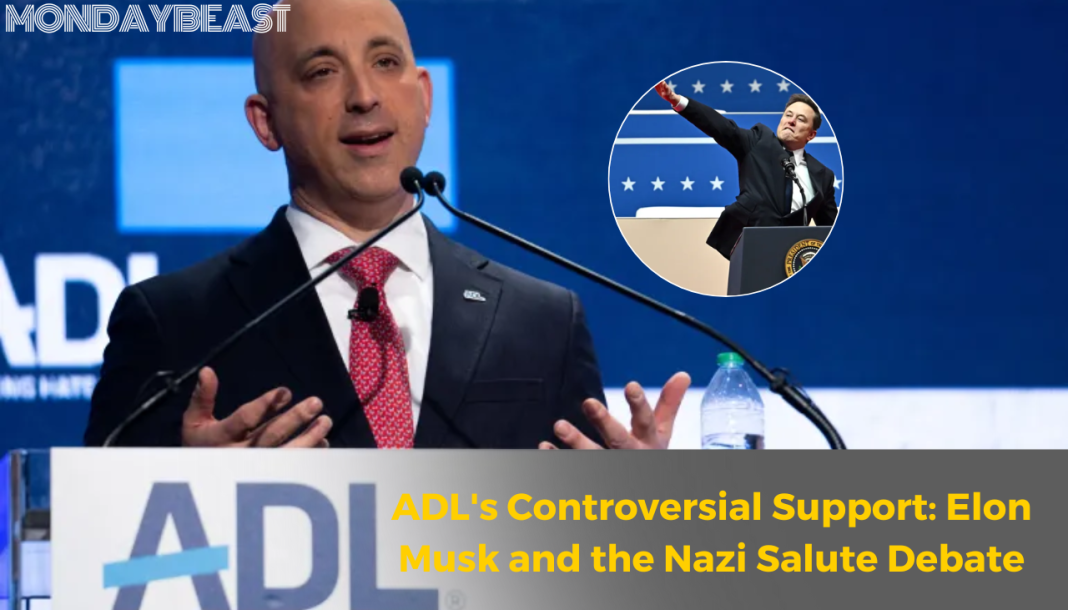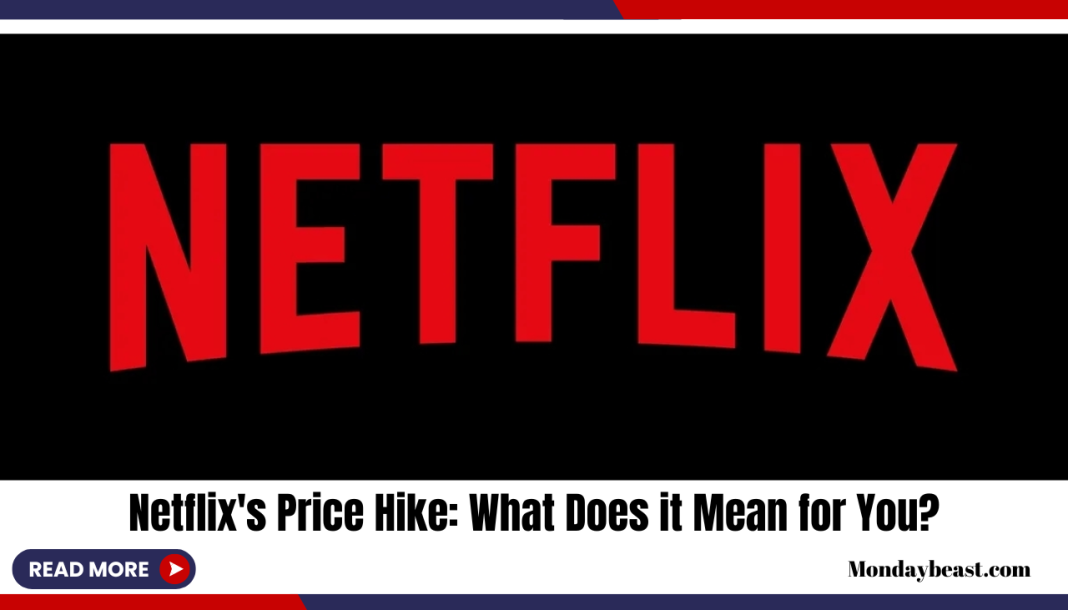In a shocking twist, the Anti-Defamation League (ADL) has come under fire for defending Elon Musk’s controversial raised-arm gesture at a rally. Critics have likened the gesture to a Nazi salute, igniting a fierce debate about the ADL’s stance on anti-Semitism.
Why this defense? The ADL, a prominent anti-hate organization, has historically positioned itself as a watchdog against anti-Semitism. Yet, the body’s previous feuds with Musk complicate its current defense. Could this urgency reveal a deeper agenda regarding their priorities? Some activists suggest that the ADL is more focused on stifling criticism of Israel than on genuine anti-Semitism.

Jonathan Greenblatt, the ADL’s director, once drew sharp comparisons between Palestinian symbols and Nazi imagery. This inconsistency has attracted criticism from various quarters. Activist Beth Miller from Jewish Voice for Peace argues that the ADL’s actions are tantamount to a betrayal of Jewish interests.
Musk’s gesture was made during a moment of enthusiasm at the Capital One Arena. Following his arm movement, Musk thanked the crowd for electing Donald Trump. Observers quickly connected his gesture to the Nazi salute, a link so stark that it demands scrutiny. Ruth Ben-Ghiat, a historian at NYU, has labeled Musk’s movement as belligerent, while Musk himself dismissed detractors as using old tricks.
Despite his defiance, the public response has been sharply divided. Alexandria Ocasio-Cortez, a progressive Congresswoman, did not hold back her disdain. She criticized the ADL’s defense, calling attention to the strange endorsement of a gesture many construed as deeply troubling. If the ADL truly aims to combat hatred, why does its defense of Musk’s actions undermine its credibility?

Contrarily, the ADL’s mission historically aligns with protecting civil rights. But many see a glaring hypocrisy. Bigots such as Musk may evade scrutiny while the ADL targets those fighting for Palestinian rights. Matan Arad-Neeman, a Holocaust survivor’s descendant, passionately asserted a stark disconnect between the gesture’s implications and the ADL’s choice to defend it.
The ADL has employed a harsh lens over protests related to Palestinian rights. This pattern raises eyebrows about their commitment to genuine anti-Semitism rather than silencing dissent. Critics charge that the ADL has become a mouthpiece for Israeli government interests, sidelining marginalized voices. Years of accusations have painted the ADL as a group prioritizing an agenda while failing in its mission to foster unity.
In recent years, the ADL’s acceptance of pro-Israel narratives highlights a significant pivot. Once at odds with Musk’s online tactics, the organization now finds itself embracing the billionaire amidst his controversial statements. This muted finger-pointing at politicians, in light of its fierce stance on anti-Palestinian reforms, paints a complex and often troubling picture.

While the ADL’s connections to political leaders and media powerhouses remain strong, its declining credibility has become an urgent concern. Supporters of Palestinian rights express frustration that crucial discussions are being stifled while high-profile figures like Musk skate by unscathed. In this context, Musk can remain seemingly unbothered, clouded by questions about his connections and the messages he shares.
Abed Ayoub, from the American-Arab Anti-Discrimination Committee, underscores that the ADL has tipped the scales of fairness. Its historical tendency to limit the voice of marginalized communities starkly contrasts its compassionate defense of Musk. Why does this discrepancy exist?
Opposition to the ADL is gaining momentum. Calls for accountability resonate among groups advocating for a more equitable dialogue around anti-Semitism and free speech. A petition demanding the ADL retract its defense of Musk has started circulating quickly, evidencing the growing discontent.
Amidst this chaos, critical voices urge reflection on the ADL’s true mission. Some question whether they still harbor the original intent to combat hate. The increasing divide is alarming for Jewish Americans, noting that while they seek justice, segments of the community find themselves ensnared in an oppressive narrative.
It seems imperative that organizations tasked with combating hate must reflect on their positions. Are they truly committed to justice, or are they selectively condemning and endorsing figures based on expedient political alliances? The current backlash faced by the ADL casts shadows on its integrity, leading to dire questions about its evolving identity.
In conclusion, how this situation unfolds remains to be seen. The ADL’s defense has drawn a public response that forces both the organization and its critics to evaluate their narratives. As society grapples with the complexities of racism, anti-Semitism, and injustice, the dialogue must continue, demanding that all voices are heard equally.




